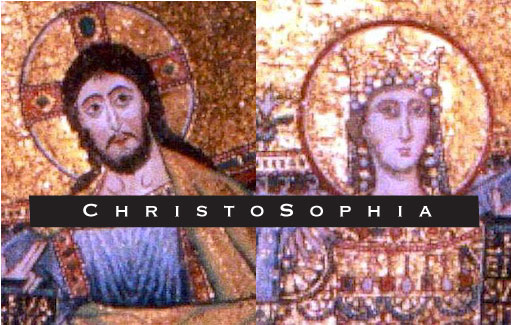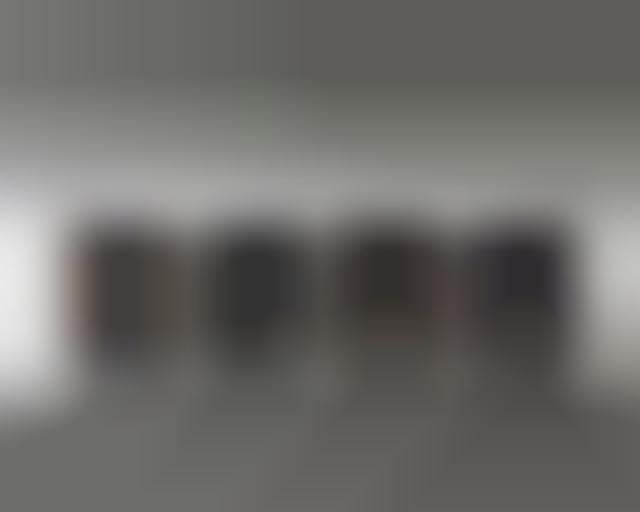
She examines the Theosophical society's claims that women in the East were the repositories of spiritual forces which Englishmen had forfeited in their scramble for material and imperial power. It's a brilliant study of the relationship between alternative or esoteric spirituality and the feminist movement in England. And it's subtitled theosophy and feminism in England. Published in 2001 from Johns Hopkins University press. She quite literally wrote the book on the Divine Feminine, here it is. Joy Dixon is associate professor in the Department of History at the University of British Columbia in Vancouver. Joy's paper from that conference along with six others will soon appear as part of a roundtable discussion in the Journal of the American Academy of Religion. Prompted by the revelation that this very center was founded by a generous gift from a circle of theosophy based in New York called, The Order of The Living Christ. She participated in our 2018 conference theosophy and the study of religion. But I couldn't resist the chance to host Professor Joy Dixon for our inaugural event. In the future it is they rather than I who will host most of the events in this series.
#Books on the divine feminine series
But this series on the divine feminine will be led by my colleagues, Hadi Fakhoury, and Mimi Winnick, who are two of the four postdoctoral Fellows in the TNT initiative. That video is now available on our website. You might also want to catch the launch event we had two weeks ago in which I introduced the initiative and our five TNT affiliates each spoke of their individual and shared research projects. If you're interested in learning more about the initiative or these different series, please visit our website and sign up for our weekly newsletter. The initiative supports two other series one on psychedelics in the future of religion and another on nosiologies transcendence and transformation today. This series is part of a wider initiative the center has just launched on transcendence and transformation or TNT for short. Welcome to this evening's event, the first in a new series on the divine feminine and its discontents. My name is Charles Stang and I have the privilege of serving as the director of the Center for the Study of World Religions here at Harvard Divinity School. October 4, 2021.ĬHARLES STANG: Good evening and welcome. SPEAKER 2: The Divine Feminine, a modern genealogy. Mimi Winick is a scholar of 19th and 20th century Anglophone literature and religion and a postdoctoral fellow in Transcendence and Transformation at the Center for the Study of World Religions. Stang is Professor of Early Christian Thought and Director of the Center for the Study of World Religions at Harvard Divinity School. His project focuses on the 20 th-century French scholar of Islamic theosophy, Henry Corbin.Ĭharles M. Hadi Fakhoury is a Post-Doctoral Fellow at the Center for the Study of World Religions. Joy Dixon is an Associate Professor of History at the University of British Columbia, Vancouver, whose work explores the multiple ways that religion and sexuality intersect, from evangelicalism to esotericism. This event is the first in the CSWR’s year-long series on “The Divine Feminine and Its Discontents.” Among other things, the discussion will explore a genealogy of the concept of the “divine feminine” in modern esotericism, and its intersection with questions of politics, religion, sex, gender, and sexuality.

4.įellows Hadi Fakhoury and Mimi Winick for a discussion with Joy Dixon (University of British Columbia) of her first book, Divine Feminine: Theosophy and Feminism in England, along with her new book project tentatively titled, Sexual Heresies: Religion, Science, and Sexuality in Modern Britain.

A discussion with Joy Dixon took place Oct.


 0 kommentar(er)
0 kommentar(er)
